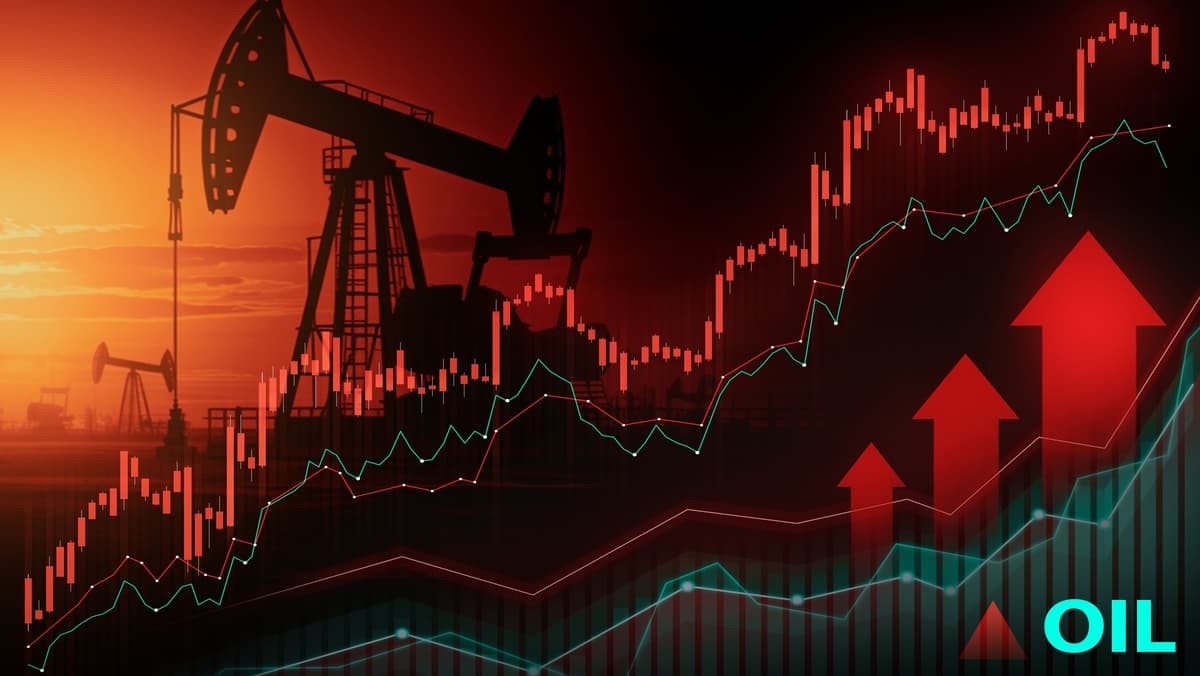
Monday Nov 4 2024 08:55

3 min

Commodity CFD markets allow traders to speculate on the price movements of various commodities without owning the physical assets. Commodity CFDs (Contracts for Difference) are financial derivatives that enable traders to speculate on price movements of various commodities, such as gold, oil, and agricultural products, without owning the underlying assets. They offer leverage, allowing for potentially higher profits (and losses) with a smaller initial investment.
Commodities, ranging from oil and gas to agricultural products, are traded on exchanges through contracts and financial instruments.
Typically, commodity transactions are conducted via futures contracts, involving two main types of traders.
The first group includes buyers and producers who use commodity futures to hedge against future price fluctuations. These traders will either deliver or receive the actual commodity when the futures contract expires.
To potentially succeed in commodity trading, it's crucial to predict market directions. This often involves fundamental and technical analysis, as well as understanding key factors that affect price movements of specific commodities.
Commodity prices are primarily driven by supply and demand. Significant price fluctuations can occur due to sudden changes in scarcity or abundance. These changes may be triggered by seasonal demand patterns or unpredictable events like poor harvests. Additionally, developments in particular industries, national or regional economies, or global events can also impact prices.
In commodity futures trading, if a trader anticipates that a commodity, like oil, will increase in price, they can place a buy order. Conversely, if they believe prices will fall, they can initiate a sell contract.
With a buy position, traders profit as the market price rises, while losses occur if prices drop. With a sell position, profits increase as the index declines.
CFDs (Contracts for Difference) are leveraged products, allowing traders to gain significant market exposure with a relatively small initial deposit, known as margin. However, higher stakes require larger deposits, so it’s essential to ensure you have sufficient funds for your trades.
Remember, leverage can amplify losses if the market moves against you. To manage risk, traders can use stop and limit orders to secure profits and minimize potential losses.
Similar to options and futures, CFDs allow traders to speculate on commodities. A CFD is a contract between a trader and a broker, where traders can bet on price movements. If they expect prices to rise, they buy the CFD; if they foresee a decline, they sell.
To begin trading commodity CFDs, start by opening a demo account to access a trading platform. This allows you to practice trading on commodity price movements, select from various instruments, and implement risk management strategies. You can open an account here.
When considering shares, indices, forex (foreign exchange) and commodities for trading and price predictions, remember that trading CFDs involves a significant degree of risk and could result in capital loss.
Past performance is not indicative of any future results. This information is provided for informative purposes only and should not be construed to be investment advice.
